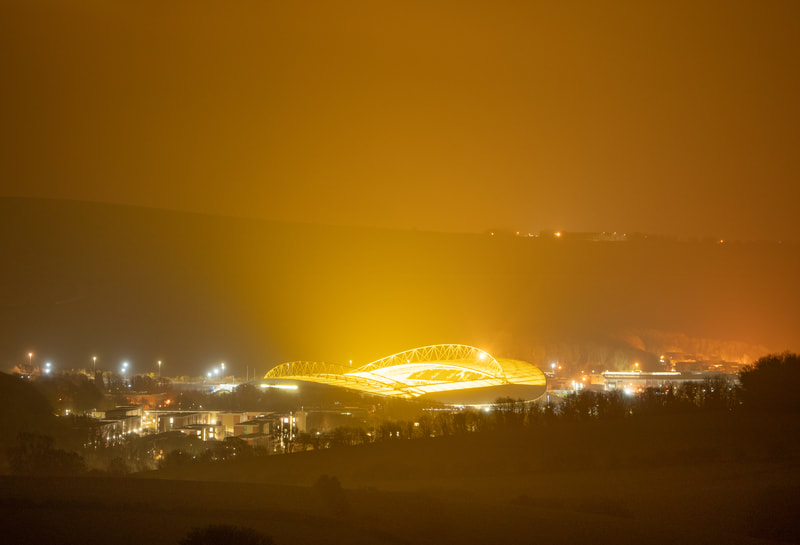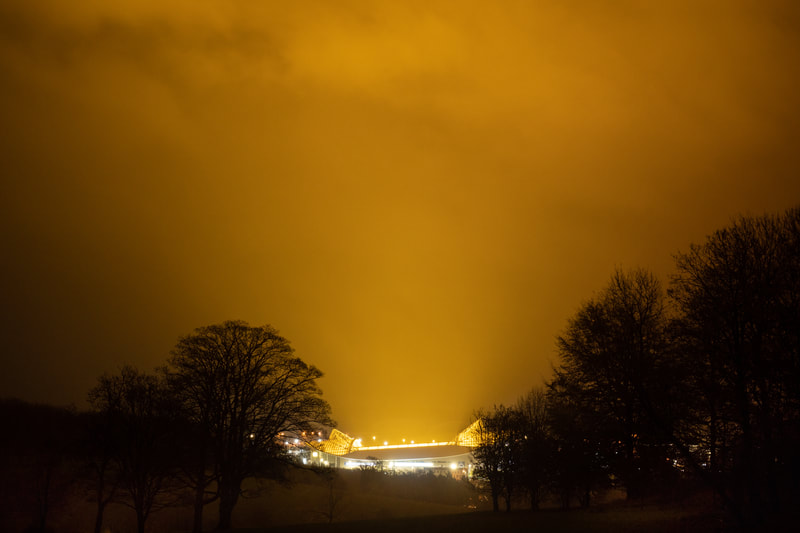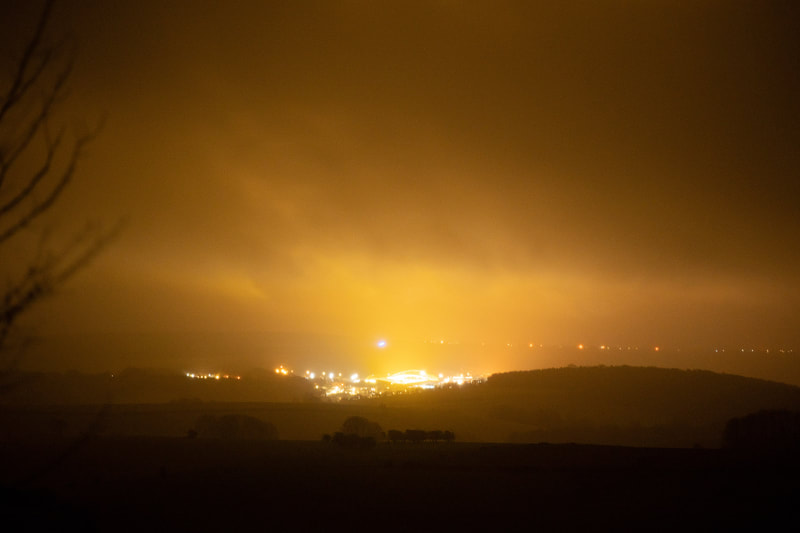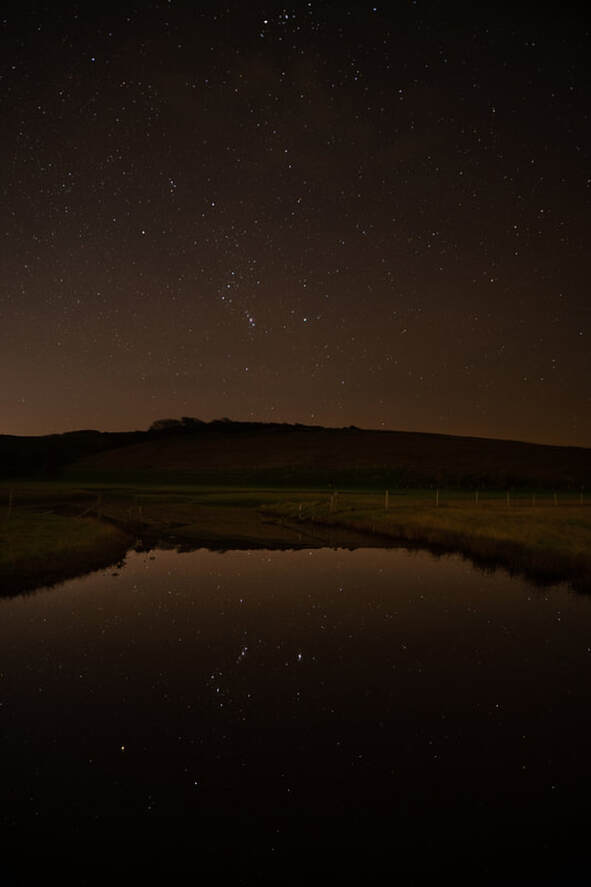Light pollution
|
Growing scientific evidence on light pollution shows that if we don't take action, first insects, then birds and bats, and then insect pollinated plants will simply vanish from our Downland within a few decades. The damage to circadian biology caused by artificial light, for all creatures, including humans, is profound. Insects die from exhaustion and enhanced predation, birds and bats suffer disrupted navigation and migration, and for humans the problems range from raised levels of anxiety and depression, compromised immunity, to increased vulnerability to cancers. Light pollution is easy and cheap to fix. Good design, and control of lighting will reap huge rewards. The city highways lighting team are making good progress with second generation LED fixtures, which use warmer colours, and better shielding. The principle is to light only what you need to and only when you need to. Streetlights cause only about 26% of light pollution, so the private sector, along with education and housing associations, transport infrastructure and of course agriculture all need to come on board. Radiance Light Trends light pollution map |




